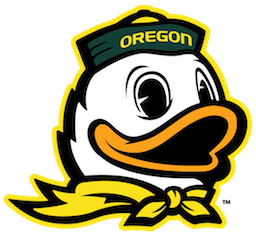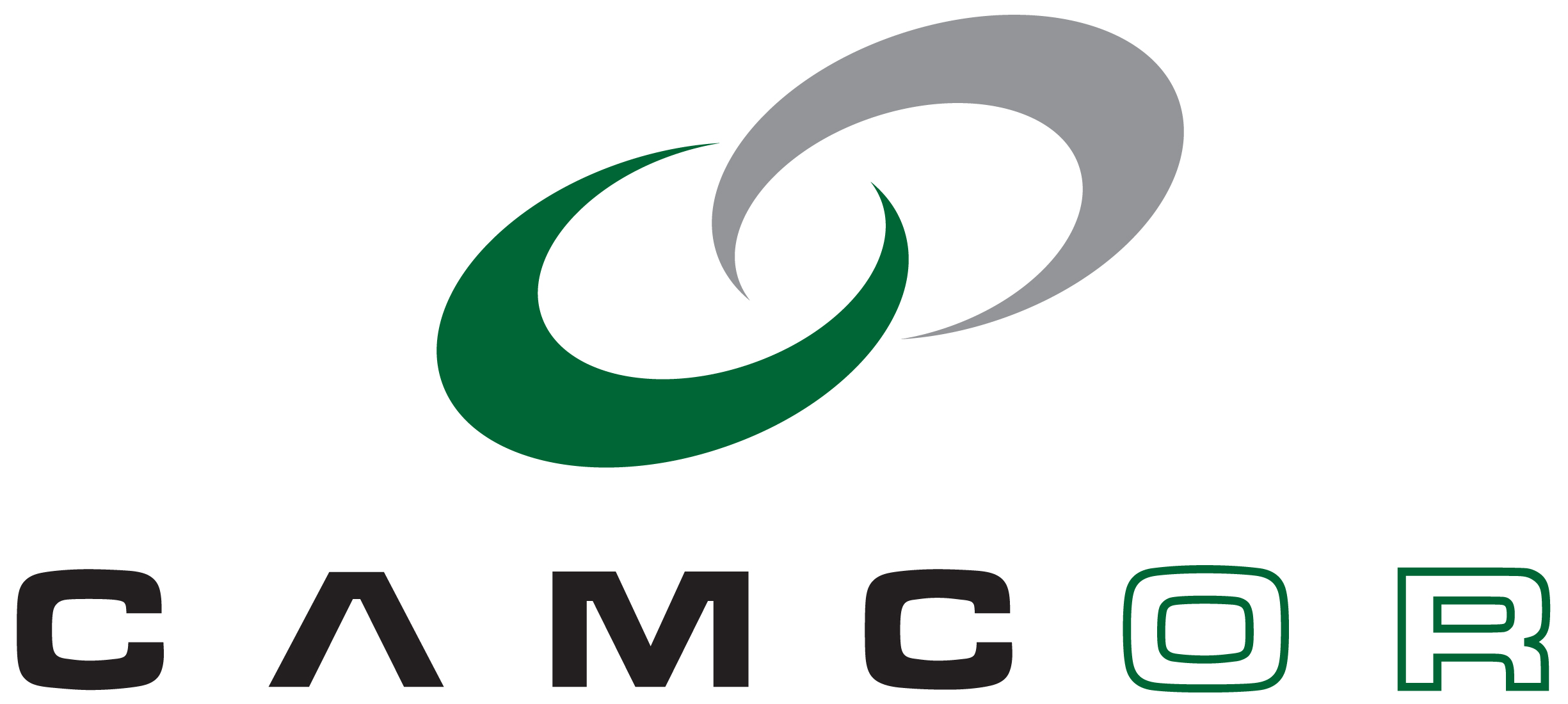
Quick Links:
NMR Reservation Calendar

Solid-State NMR
Solid-state (SS) NMR is an invaluable tool for studying dynamics, kinetics, and thermodynamics in a variety of materials. Unlike diffraction techniques, SSNMR does not require crystallinity. There is a broad range of experiments available for materials characterization, measurement of internuclear distances (dipolar recoupling), deconvolution of quadrupolar and/or dipolar-influenced spectra, probing site-symmetry, etc.
NMR line width depends on the microscopic environment of the nucleus under study. Directionally-dependent nuclear interactions such as internuclear dipolar coupling and chemical shift anisotropy (CSA) as well as magnetic susceptibility differences broaden NMR lines. With liquid samples, rapid isotropic motion of the molecules averages out anisotropic interactions and narrows lines. Solid-state NMR is characterized by the presence of these anisotropic interactions. In solids, the lack of molecular mobility means that dipolar couplings are not averaged out unless we perform magic angle spinning (MAS) at a rate larger than any anisotropic interactions. MAS also reduces line broadening due to magnetic susceptibility.
SSNMR has been applied to organic complexes, inorganic complexes, zeolites, porous media, minerals, glasses, food products, biological molecules, wood, biomass materials, polymers, semiconductors, resins, and more.
For training in solid-state NMR, or solid-state NMR applications, please contact the NMR facility director.